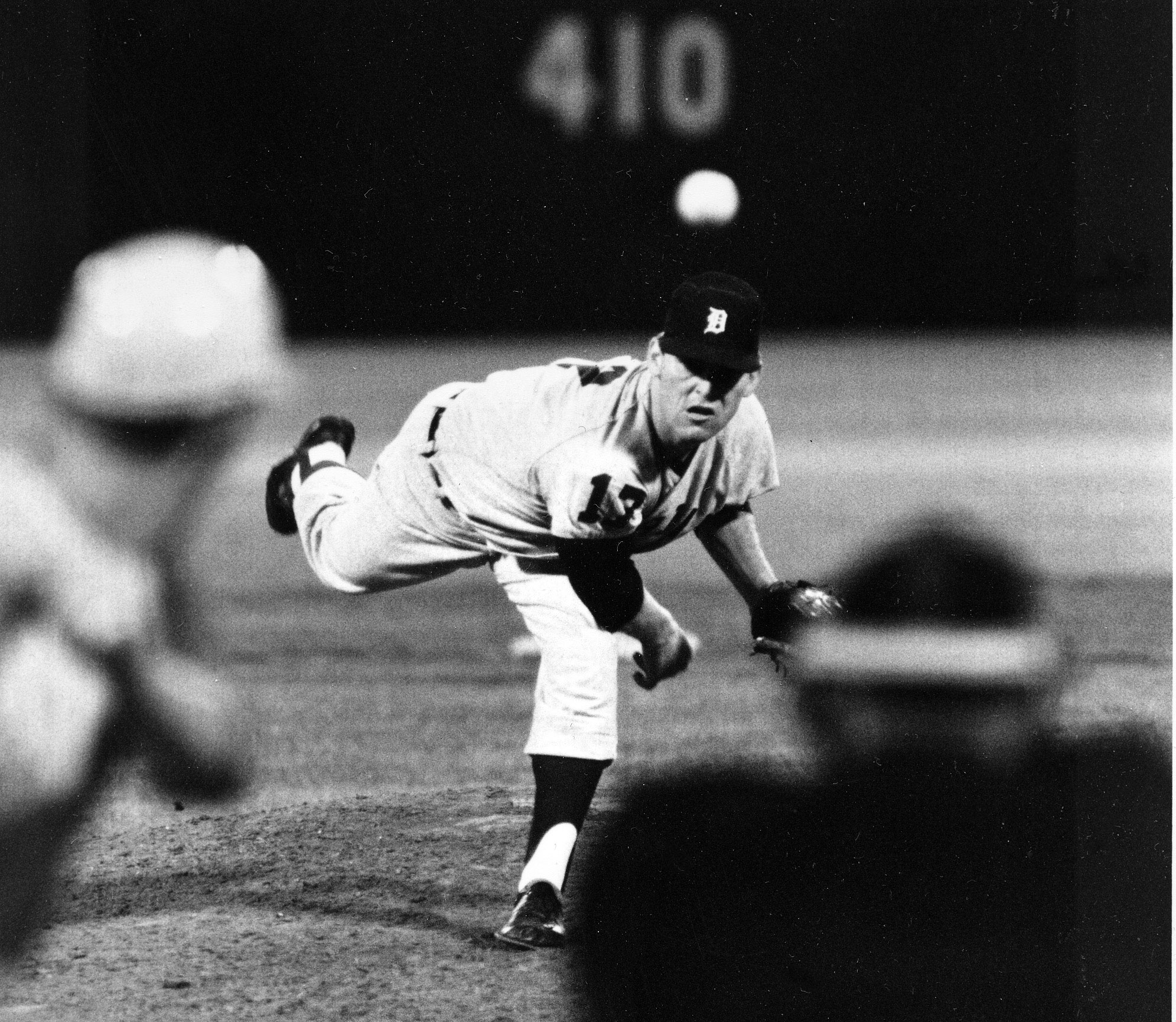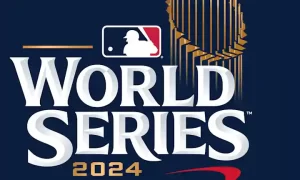Denny McLain’s Mark During “The Year of the Pitcher” Mostly Untouchable

As most baseball fans know, this year marks the 50th anniversary of “The Year of the Pitcher,” when offense cratered to levels not seen since the Deadball Era and hurlers rewrote the record books. It was the year Bob Gibson compiled a 1.12 ERA, Don Drysdale spun 58 2/3 consecutive scoreless innings, and Carl Yastrzemski won the American League batting crown with a .301 average. It was also the year Denny McLain of the Detroit Tigers won 31 games, becoming the last pitcher to win more than 27 in either league.
How did he do it? By taking the ball every fourth day and averaging 8.2 innings per start for the best team in baseball. The World Series-winning Tigers led both leagues with 103 wins and had a robust offense by the standards of the day, outscoring every team not named the Cincinnati Reds. They even gave Denny McLain plenty of run support by averaging 5.23 runs per game in his starts– well above the MLB average of 3.42 and their team average of 4.09. Detroit also fielded one of the best defenses in baseball, ranking first in fielding percentage and third in defensive deficiency. And on the rare occasions when McLain needed to be relieved, the Tigers had an elite bullpen that ranked fourth among all teams with a 2.64 ERA.
McLain’s season was the perfect storm of a great pitcher having a great season for a great team at the right time (before various changes helped restore balance with hitters). It was also before pitch counts, five-man rotations, and the dawn of modern bullpens, all of which have combined to drastically reduce starters’ workloads over the last half-century. McLain started 41 games in 1968 – a number that hasn’t been reached since 1979 – and completed 28 of them, amassing 336 innings in all. Those are untouchable numbers in today’s baseball world, when starters are lucky to complete a handful of games and are considered workhorses if they reach 200 innings. During one stretch in the middle of 1968, McLain completed seven games in a row. Last year, the Cleveland Indians led the majors in complete games…with seven.
The point of all this is that starters simply don’t get enough chances to win 30 games, with league leaders typically averaging 33 or 34 starts per year. That means a starting pitcher would need to win nearly all of his starts – around 90 percent – to match McLain. By comparison, McLain won 76 percent of his starts in 1968. The modern equivalent of that would be a 25-game winner, something baseball hasn’t seen in 28 years. (McLain, by the way, earned his 25th win in mid-August, just three-quarters of the way through the season.)
So winning 25 games is the new 30, which makes sense given how hard it is to even win 20 these days. Three of the last dozen seasons have ended without a 20-game winner, and last year the league high was 18 wins, which was the lowest total ever in a season that wasn’t shortened by war or strike. But with starters throwing fewer innings than ever before, don’t be surprised if it happens again.
As time goes on, McLain’s mark appears a little more unreachable for pitchers in the same way that Barry Bonds’ single-season marks do for hitters. I was curious to see how many pitchers have matched McLain over the past two seasons, and even that number is surprisingly small. Only seven men tallied at least 31 wins in 2016 and 2017 combined, five of whom are Cy Young winners. Four others have won 30, and nobody has won more than 36.
Turns out the best pitchers in today’s game are still capable of winning 30 games – they’re just going to need a couple of seasons to do it. According to this sportsbook, it’s unlikely even that happens.
-Tyler Maher
















